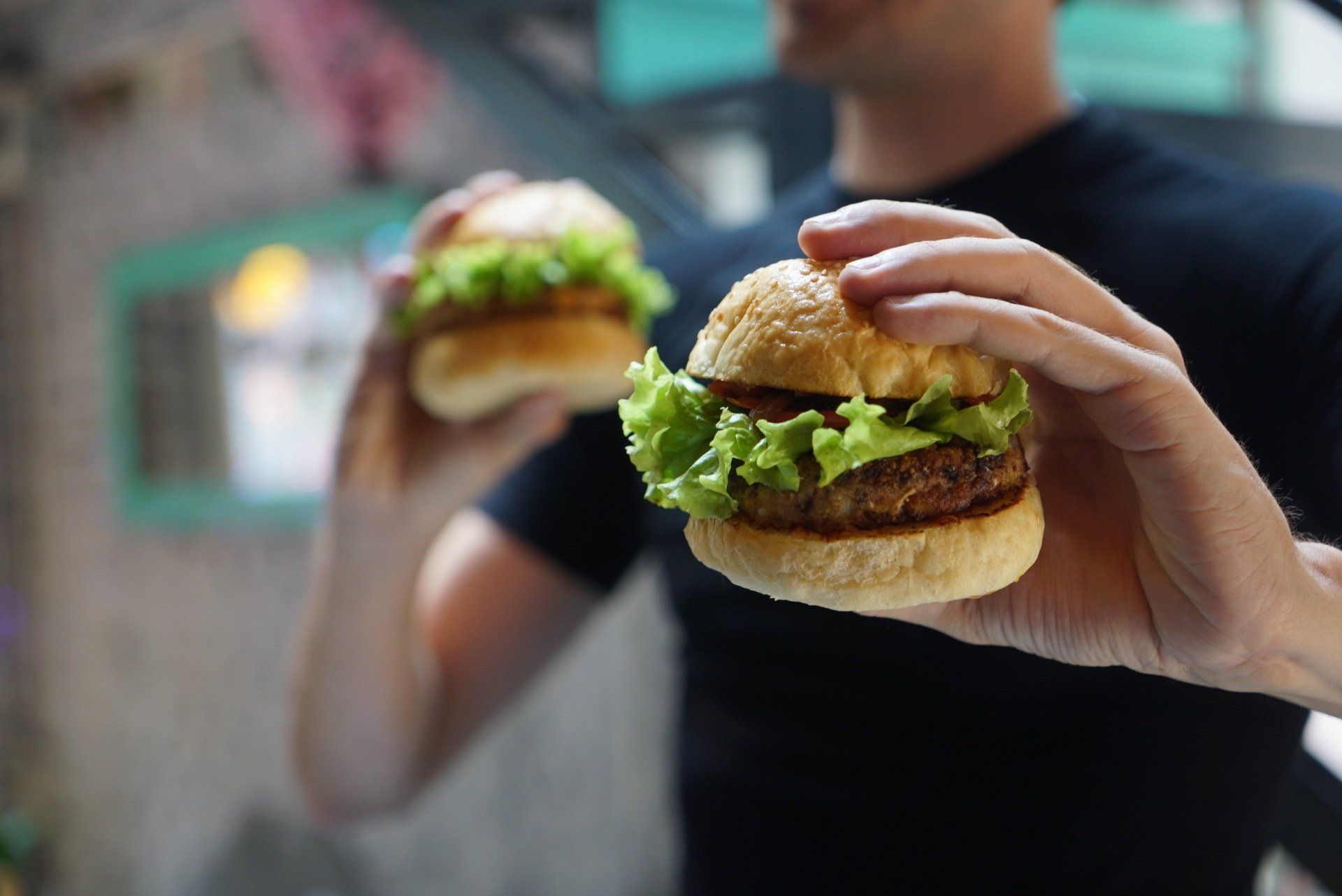Best Diet Plan For Weight Loss
(Category: Long-Term Effectiveness)
#1 Neuroslim
(tied with Intuitive Eating)
Why Neuroslim Won Best Weight Loss Program
Neuroslim, along with its co-winner, intuitive eating, are the only weight loss approaches that recognize something researchers have known for years: Long-term weight loss is impossible without changing the eating habits that lead to overeating.
No diet is going to stop you from "distracted eating" (eating while watching TV or scrolling through your smartphone), unintentionally triggering hunger by say, leaving fattening food on the counters where you can see them, taking big bites instead of smaller ones, not paying attention to how full you're getting, and ignoring other internal signals critical to healthy hunger and satiety.
Neuroslim is our co-winner because it is completely devoted to changing the habits that lead to overeating, sugar and salt addictions and a loss of control caused by unmanageable cravings.
It also wins the top spot as our favorite weight loss plan because it doesn't just teach you how to weaken cravings for unhealthy food, but how to strengthen cravings for fruits and vegetables.
What Is Neuroslim?
Unlike the typical diet plan for weight loss, Neuroslim is an online weight loss course that breaks negative eating patterns. All with techniques developed by neuroscientists and published in peer-reviewed science journals.
Like intuitive eating, it is not a diet-based approach to weight loss. There are no recommended foods to eat or avoid. Instead, it’s all about using science to wean yourself off sugar, snacking, overeating and more.
Where it veers from intuitive eating is that it is very prescriptive about what to do. Packed with easy-to-follow techniques like the “Pause-Rate-Decide” method of managing cravings, it aims to change how, not what, you eat.
Background
Neuroslim founder Michael Alvear, inspired by a psychiatrist who used neuroscience techniques to stop his addiction to Oreos, spent years researching neuroscientific approaches to weight loss.
Instead of interviewing weight loss experts, he interviewed neuroscientists working on hunger and satiety-related subjects. They pointed him to a vast trove of research that included a number of useful insights and techniques into curbing hunger, breaking addictions to sugar, quitting sodas and juices, avoiding binge eating and more. Putting the more prominent studies together, he created the blueprint for what later became the online weight loss course called Neuroslim.
The online weight loss class is designed to help people lose weight in a healthy way by teaching them how to change their eating habits. Among its most foundational principles is the power of habituation--that small changes over time will lock in healthy eating habits.
Why We Believe Neuroslim Is The Best Weight Loss Program
Benefits
By focusing on eating habits and patterns more than food choices,
Neuroslim, through an online weight loss class, offers the possibility of a holy grail: Losing weight without cutting out any food groups-- including unhealthy, processed food.
For example, through neuroscientific techniques, Neuroslim shows you how to be just as satisfied eating a 1/2 oz portion of potato chips as you currently may be eating a full-ounce bag.
It can also teach you something diets can't--how to want less food. It does this through hunger-lowering techniques neuroscientists discovered while researching the relationship between hunger and memory.
The online weight loss program's benefits mirror those of Intuitive Eating's: Not only improved physical health, but also mental well-being. Research shows that the techniques used in Neuroslim lead to healthy body weight, lower cholesterol and blood pressure, and better dietary intake overall. In addition, people using these techniques report higher levels of satisfaction with their bodies and less disordered eating behaviors.
Neuroslim's techniques help develop a healthier relationship with food by focusing on enjoying the experience of eating, rather than worrying about calories or dieting. This can help you appreciate food more and make better choices about what to eat. Some other benefits include increased self-esteem, body satisfaction, and a reduced likelihood of engaging in bingeing or purging behaviors.
Research Studies Backing Up The Benefits of Our #1 Weight Loss System
There is no research on Neuroslim as a stand-alone weight loss program but there are hundreds of studying showing the effectiveness of the techniques used in the program.
That’s because Neuroslim is a collection of insights and techniques found in published, peer-reviewed neuroscience journals. Neuroslim’s genius isn’t that it invented or developed innovative techniques; it’s that it
promotes discoveries in advanced science journals few people know about.
Every lesson in the Neuroslim online weight loss course ends with a list of academic citations showing which neuroscientist developed the technique and what journals they were published in.
Click here to see over 200 of those studies.
Advantages Over Dieting
Long-term studies on weight loss show that changing your eating habits over time (like not eating while you're watching tv or scrolling through your smartphone, taking smaller bites, having a system to manage cravings and paying attention to internal hunger and satiety cues) will help you lose more weight --and keep it off--than simply dieting.
That's because once you've established a new habit it can potentially last forever, while dieting has an extremely short shelf life.
How To Follow Neuroslim
Neuroslim is an online weight loss class made up of dozens of short videos, text, and audio. If the $299 price tag is too steep, you can also buy the book or audiobook it's based on.
Neuroslim is basically a program of habit formation built around the scientific principles of habituation and homeostasis: You make small changes, wait for the forces of homeostasis to help your body adapt to "the new normal", then make more small changes. Rinse, lather, repeat.
The essence of the program to make the changes gradual so that they become part of your regular routine.
Downsides Of Our Top Weight Loss Program
There are a few downsides to making slow, gradual changes (establishing new eating habits) as opposed to big, abrupt ones (dieting). First, it can take longer to see results. This can be frustrating if you're trying to make a change quickly.
Second, slow, gradual changes can be harder to stick to because, at least initially, they require more self-control and discipline. It can be easy to get discouraged and give up if you're not seeing results quickly.
Finally, slow, gradual changes can be frustrating--sometimes it's easier to make a change when you have a specific goal in mind and a deadline to reach it. Without some patience, it can be easy to lose sight of your goal and get sidetracked.
5 Respected Health Websites That Endorse Techniques Found In Neuroslim
More Information About Neuroslim










